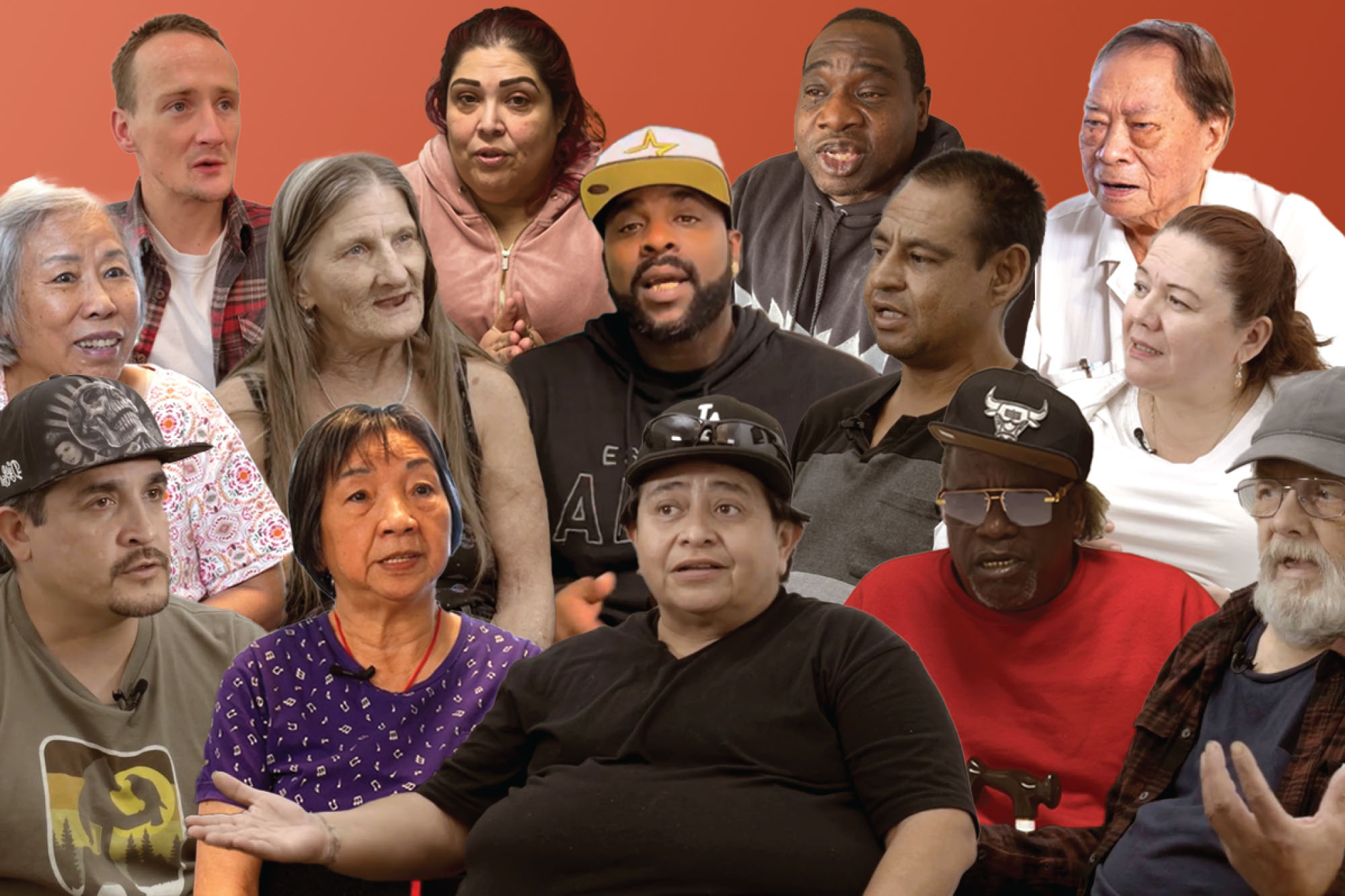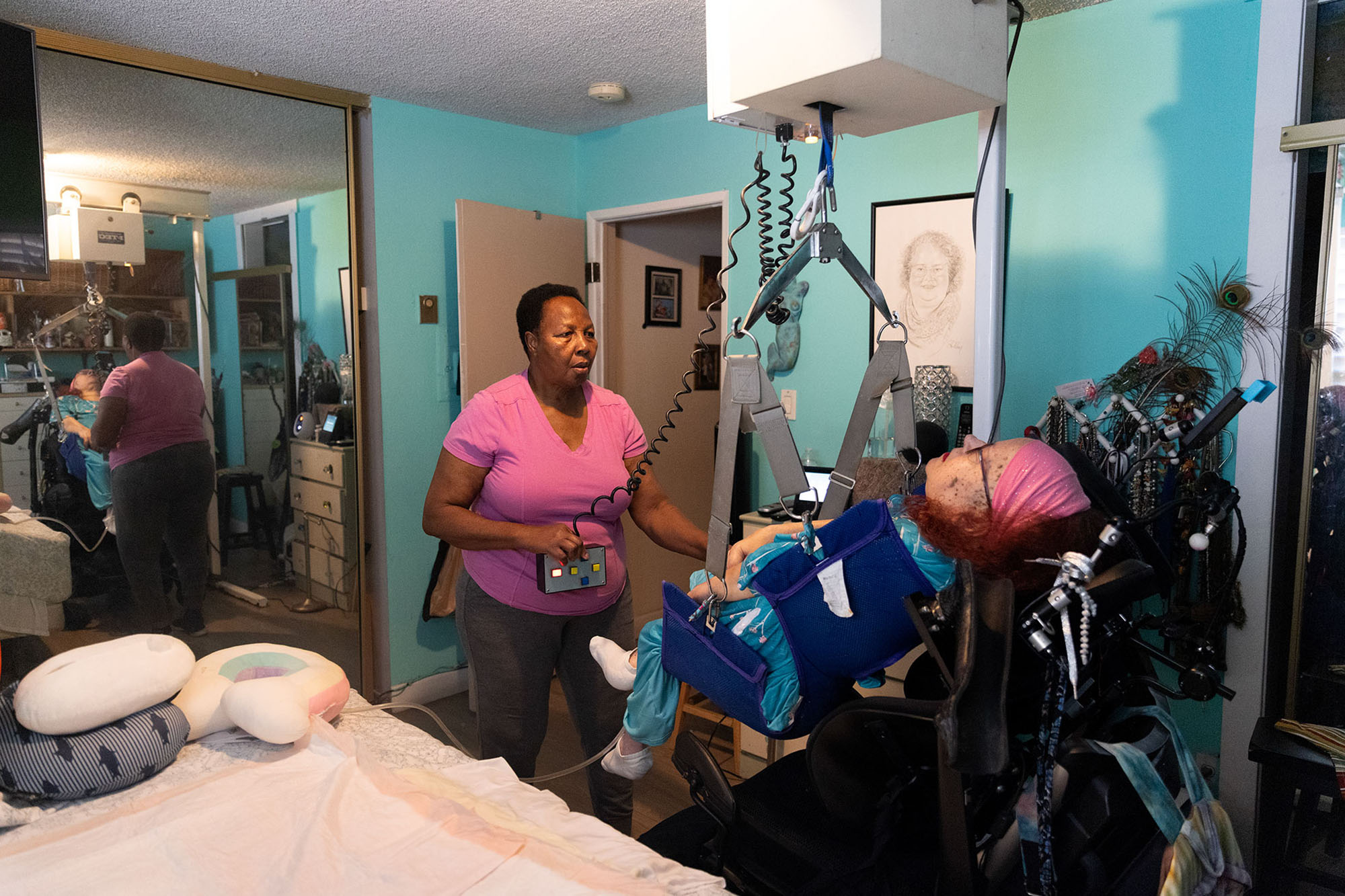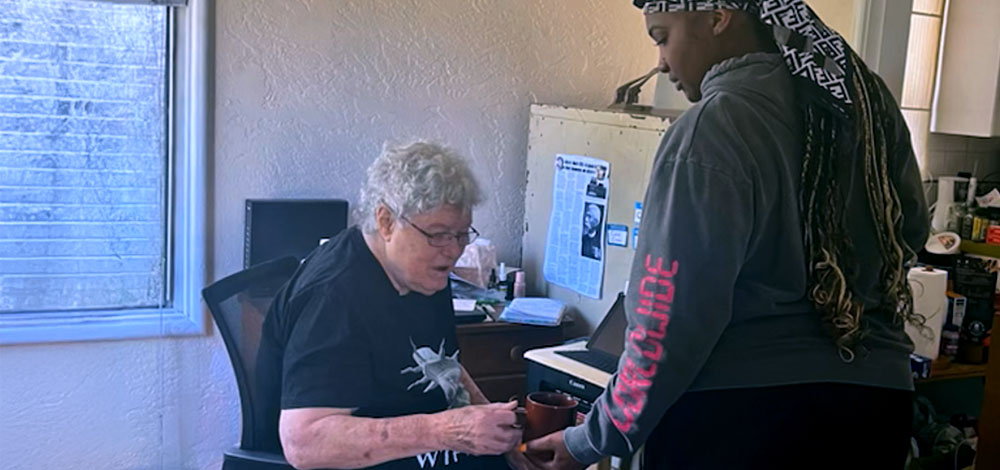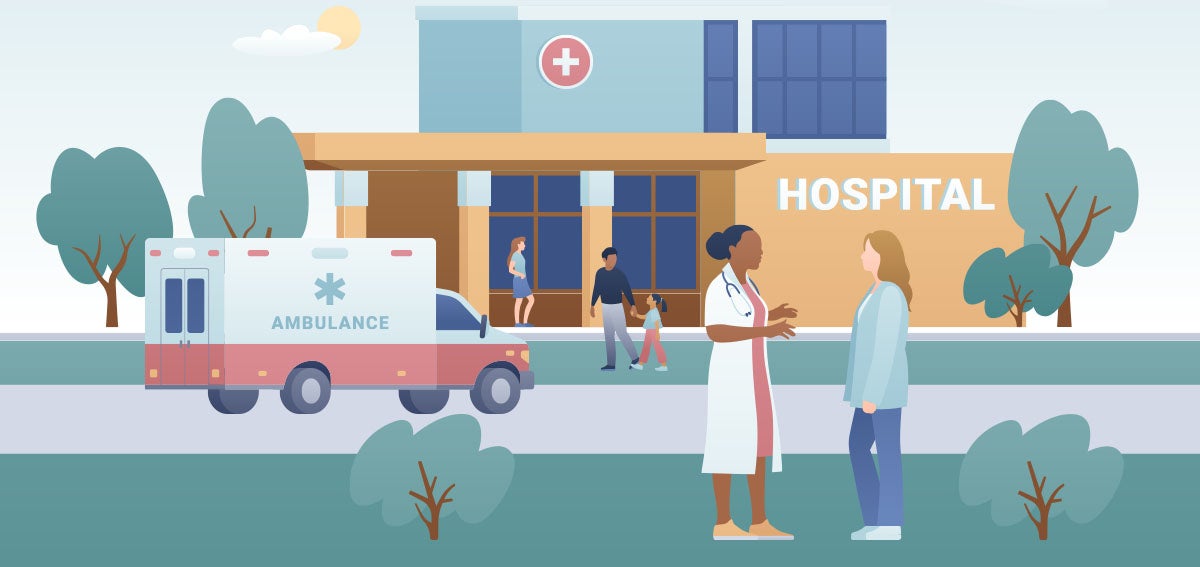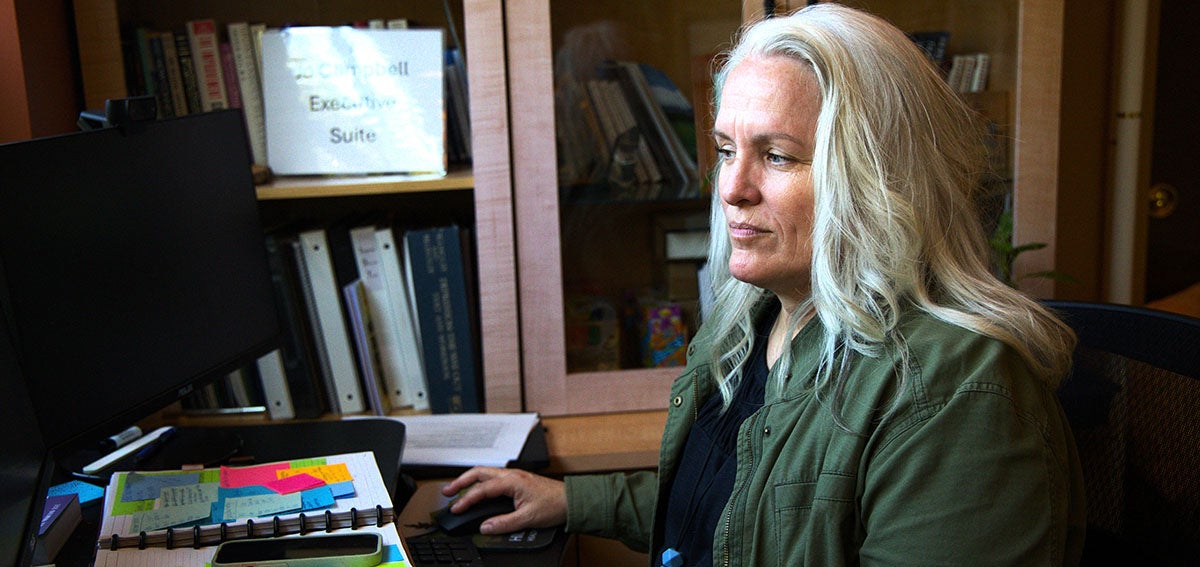
In California, about 35,000 people are released annually from the state’s prisons, and of the more than 350,000 people booked into jails each year, most are released within a few months. This “reentry” population — people returning to their communities from jail or prison — have acute health needs but often have difficulty accessing timely, appropriate care after release.
People involved with the justice system experience high rates of physical and mental health problems within complicated social contexts, including trauma, unemployment, and poverty. Many have complex health conditions: An estimated 60% of California prison inmates have substance use disorders, one-quarter have serious mental illness, and many also have multiple physical health conditions including hypertension, infectious diseases, and asthma.
California’s continuing expansion of Medi-Cal eligibility means that most people in the reentry population who previously lacked health insurance are now eligible for Medi-Cal coverage.
Our Goal
CHCF supports projects that expand proven models of care and research into policy approaches to improve the coordination and delivery of care for people before and after they leave correctional settings and return to the community. Following is a summary of our current work in this area.
Project Highlights
CalAIM’s Justice-Involved Initiative
CalAIM (California Advancing and Innovating Medi-Cal), a multiyear reform of the state’s Medicaid program, includes a specific initiative to improve the health access and outcomes of people leaving jail and prison, known as the justice-involved initiative.
When Medicaid was created in 1965, federal law barred the use of federal Medicaid funds for services for people who are incarcerated. In part for this reason, when people leave prison and jail, they often experience gaps in care in accessing health care in their community.
In January 2023 California became the first state in the country to receive federal approval to offer a targeted set of Medicaid services to eligible adults and all youth inside prisons, county jails, and youth correctional facilities in the 90 days prior to their release. Correctional systems in three counties — Inyo, Santa Clara, and Yuba — began implementing these pre-release programs on October 1, 2024. More counties will go live over the next year. Learn more about this initiative in CHCF’s CalAIM Resource Center.
In addition, effective January 2023 all jails must enroll people leaving incarceration in Medi-Cal upon release, a process already in place in the state’s prisons and youth correctional facilities.
CHCF is supporting The Health and Reentry Project, a national effort that seeks to promote continuity of care between correctional and community settings and to maximize the benefits of potential Medicaid policy changes.
The project has published three issue briefs exploring proposed changes to Medicaid policy regarding the reentry population, including one specifically focused on California’s justice-involved initiative.
CHCF also supported an issue brief from SHADAC. The brief provides an overview of justice-involved 1115 demonstration initiatives, summarizes what is known from existing evaluations, and identifies a set of opportunities to design robust and equity-focused 1115 demonstration evaluation plans specific to justice-involved populations. It includes a “Spotlight on California” with insight into federal expectations regarding evaluating California’s initiative.
CalAIM’s Enhanced Care Management and Community Supports
CalAIM’s Enhanced Care Management and Community Supports programs provide additional services to certain Medi-Cal enrollees, including people who have been incarcerated.
Beginning January 2024, people released from prison or jail who experience homelessness, serious mental illness, substance use disorders, or complex medical conditions will be eligible for these services.
CHCF has published a collection of tools and resources aimed at helping organizations understand and implement CalAIM, including its Enhanced Care Management and Community Supports programs.
Transitions Clinic Network
In addition to work on CalAIM reentry policies, CHCF has since 2017 supported California expansion of the Transitions Clinic Network, an evidence-based model of integrated care designed to serve people returning to the community from incarceration. Twenty-one clinics across California have now implemented Transitions Clinic programs by hiring and integrating Community Health Workers with lived experience of incarceration. You can read more about the Transitions Clinic model here. In addition, The CHCF Blog profiled one of the clinics in the network.
Other CHCF Resources
Two CHCF Almanac reports, one on mental health in California and a second on substance use disorder, include interactions between the criminal justice and behavioral health systems.
The Council on State Governments Justice Center hosted a webinar series designed to equip justice system leaders with tools for effective collaboration with housing and behavioral health partners to provide housing for people leaving incarceration. CHCF supported this series, and recordings of the webinars are freely available.
External Resources
California Health Policy Strategies offers several related publications, including CalAIM for Reentry and Justice-Involved Adults and Youth: A Policy Implementation Guide (PDF) (2022) and Reentry Health Policy Project: Meeting the Serious Health and Behavioral Needs of Prison and Jail Inmates Returning to the Community (PDF) (2018).
Learn More
For more information, please contact CHCF’s Catherine Teare.

